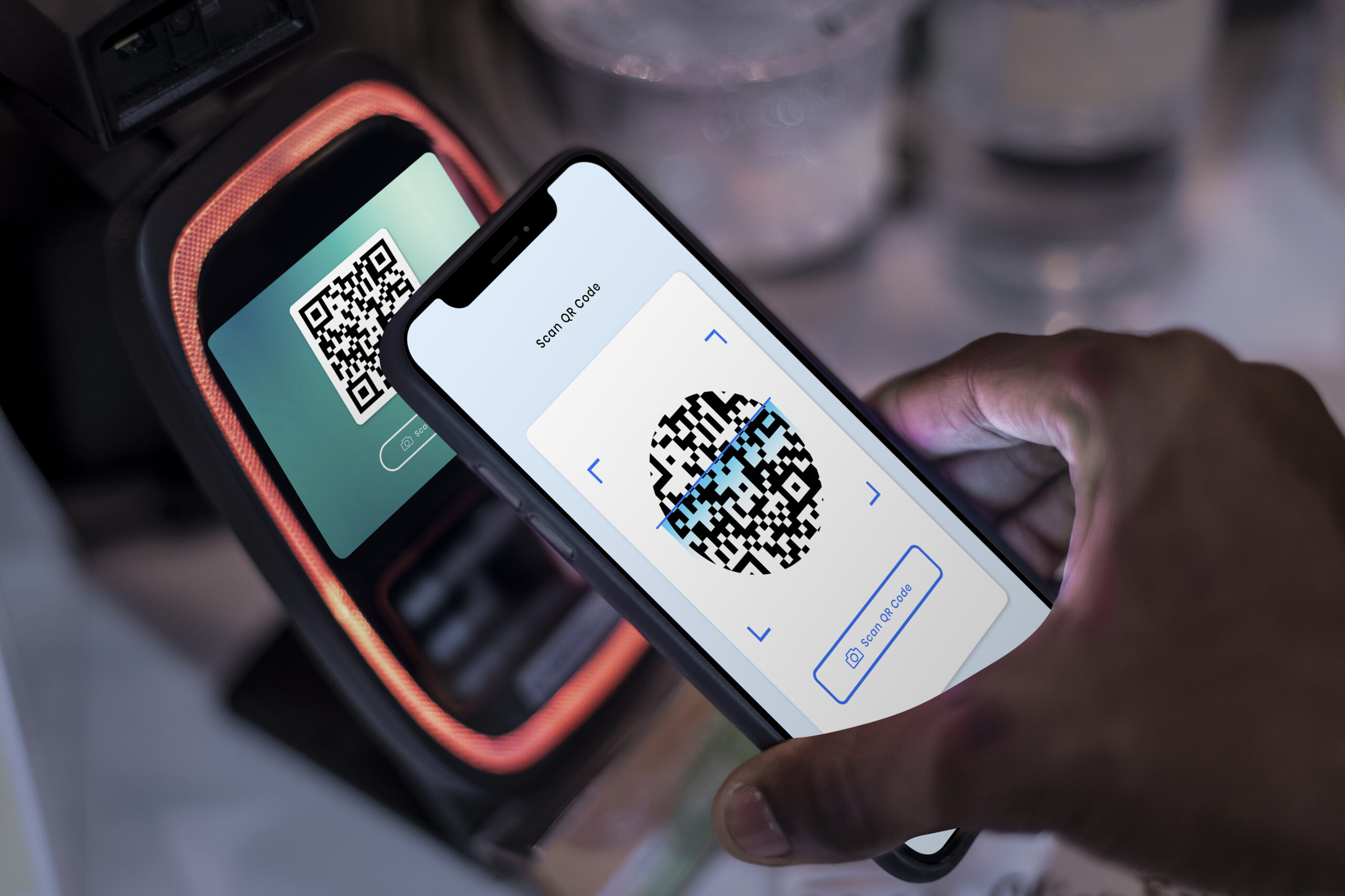 Back
Back
Merchant transactions via UPI get costly after NPCI imposes charges
By Puja Sharma
This interchange fee will not apply to payments made via UPI to friends, family, or any other individual or merchant’s bank account. However, PPI (prepaid instruments) issuers must pay the remitter bank 15 basis points as a “wallet loading service charge” for loading more than ₹2000 in their prepaid wallet
From April 1, the National Payments Corporation of India (NPCI) will apply an interchange fee of up to 1.1% to merchant UPI (Unified Payments Interface) transactions using prepaid payment instruments (PPIs)-wallets or cards. A recent NPCI circular has asked all KYC wallets (prepaid instruments) to be interoperable on all UPI merchants in offline stores and online apps and websites.
Charges will apply to all UPI payments that exceed ₹2,000 made to online merchants, large merchants, and small offline merchants. However, on certain merchant categories, a lower interchange starting from 0.5%, might be levied as per applicable caps, NPCI said.
With regards to the recent development of NPCI recommending additional charges for merchant transactions via UPI, Akash Sinha, Co-founder & CEO, of Cashfree Payment, said, “The NPCI circular announcing the full interoperability of KYC wallets across all UPI merchants is a significant step towards the growth of digital payments in India. The guidelines make wallets more appealing to customers by opening up newer use cases of payments. It will eliminate the need for customers to carry multiple cards, thereby reducing fraud and theft due to the exposure of card numbers.
Many merchants use wallets for accepting customer payments, for instance, at PoS. Interoperability will significantly ease collection for them since it will allow merchants to accept wallet payments regardless of the wallet being used by the customer. Further, it will eliminate the need for specific integrations with a particular wallet to accept payments on a website since customers can also pay via UPI or card infrastructure. This will increase the payment alternatives for customers.
Interchange will not be applicable on P2P and P2PM transactions between bank accounts and PPI wallets. However, PPI issuers will need to pay 15 bps as a “wallet loading service charge” to the remitter bank for loading over ₹2,000 in the prepaid wallet.
Once the additional charges come into effect, the PPI issuer will be paying around 15 basis points as a wallet-loading service charge to the remitter bank. No interchange in terms of peer-to-peer (P2P) or peer-to-peer-merchant (P2PM) transactions between the bank account and the PPI wallet will apply.
This interchange pricing will be reviewed by September 30, 2023, as per the NPCI circular. “We view this development as a highly promising opportunity, as we recognize the significant potential of wallets as a potent tool for onboarding rural Indian consumers onto digital platforms.” Sanjeev Kumar, Co-Founder, Executive Director & CEO, of Spice Money, said.
The interoperability of PPI (Prepaid Payment Instruments) greatly strengthens its usefulness as an instrument. This development represents a positive progression for the ecosystem, as it will expand the reach of digital payments to a greater number of users and merchants.
“The interoperability of PPI presents a compelling use case from the consumer’s perspective and holds significant meaning for issuers as it will further enhance convenience and accessibility for them. We at Spice Money are fully committed to bolstering the advancement and proliferation of digital payment systems, and driving financial inclusion across every corner of Bharat” Kumar added.
IBSi FinTech Journal

- Most trusted FinTech journal since 1991
- Digital monthly issue
- 60+ pages of research, analysis, interviews, opinions, and rankings
- Global coverage
Other Related News
Related Reports

Sales League Table Report 2025
Know More
Global Digital Banking Vendor & Landscape Report Q2 2025
Know More
NextGen WealthTech: The Trends To Shape The Future Q4 2023
Know More
Intelligent Document Processing in Financial Services Q2 2025
Know More



